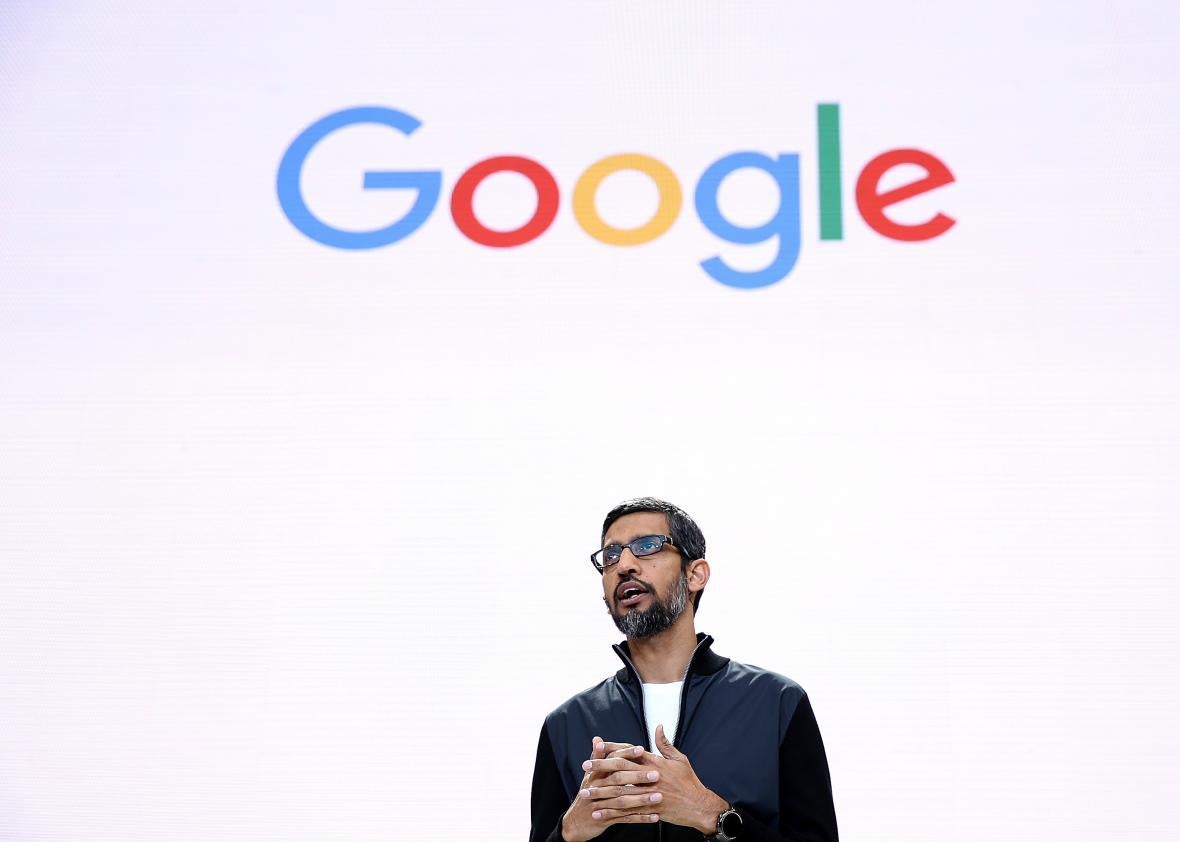On Wednesday, Canadian company Equustek Solutions Inc. convinced the Canadian Supreme Court to temporarily prevent Google from displaying worldwide the sites of a rival company, in a case that may prove key in deciding how global search engines apply their policies globally.
The matter started as a case between Equusteck and Datalink Technologies Gateways Inc. over a product that the latter had rebranded and sold as its own. Equustek requested that Google remove search results for the other company’s websites while the case between them was settled, and Google did so, but only on Google.ca, the Canadian version of the site. Equustek then sought an order against Google to prevent the search engine from displaying its rival’s sites worldwide. The Canadian Supreme Court agreed in a 7–2 decision.
Google originally set up its websites for different countries as a way of geofencing, or creating slightly different versions of the website to comply with slightly different national rules. Germany, for instance, has anti-hate laws that are reflected on Google.de, while Thailand’s blasphemy laws are taken into account on Google.co.th.
However, the judges who sided with Equustek ruled that blocking the search results on Google.ca only was ineffective. “The problem, in this case, is occurring online and globally. The Internet has no borders; its natural habitat is global,” the judges wrote.
In addition to the issues of geofencing, the case also raised concerns about freedom of expression, as Google’s defense claimed that the search engine has the right to decide which websites to index and deindex. (Indexing a site makes means that it is in Google’s organizational system and shows up when you search it. De-indexed sites will not appear.)
But the judges who decided the case denied that the ruling was related to freedom of expression. “This is not an order to remove speech that, on its face, engages freedom of expression values,” said Justice Rosalie Abella, “it is an order to de-index websites that are in violation of several court orders. We have not, to date, accepted that freedom of expression requires the facilitation of the unlawful sale of goods.”
Google’s appealed was rejected, and it cannot appeal again. Michael Geist, a Canadian lawyer, told me in an email, “There is no other recourse or possibility of appeal.” If the company has additional information that will make it difficult to comply with the court’s orders, it can present that info to have the decision changed, but it has not done so. A Google spokesperson has said that they are reviewing the court’s orders and considering their next steps. According to Geist, the action Google has take to comply with the case will likely happen “fairly quickly.”
Because it touched on so many wide-reaching concepts, the case has been closely watched. Thirty different groups that were somehow involved with intellectual property rights or freedom of expression involved themselves in the case. These organizations include Human Rights Watch, the B.C. Civil Liberties Association, and the Electronic Frontier Foundation. Music Canada, for one, is pleased with the verdict because it may allow the organization to increase the rights of their artists, and it means that internet search providers cannot ignore the illegal activity that occurs on their sites. But other groups, such as the Civil Liberties Association, are displeased because they imagine that the ruling may be applied to private lawsuits from individuals raising free speech issues.
On his own blog, Geist speculated on the potential impacts of the case:
When it comes to Internet jurisdiction, exercising restraint and limiting the scope of court orders is likely to increase global respect for the law and the effectiveness of judicial decisions. Yet this decision demonstrates what many have feared: the temptation for courts will be to assert jurisdiction over online activities and leave it to the parties to sort out potential conflicts. In doing so, the Supreme Court of Canada has lent its support to global takedowns and vested more power in Internet intermediaries, who may increasingly emerge as the arbiters of which laws to follow online.
He points out that if companies can litigate to remove content that they disagree with from the internet, it may soon become a place for where nations have to sort out conflicting desires.
